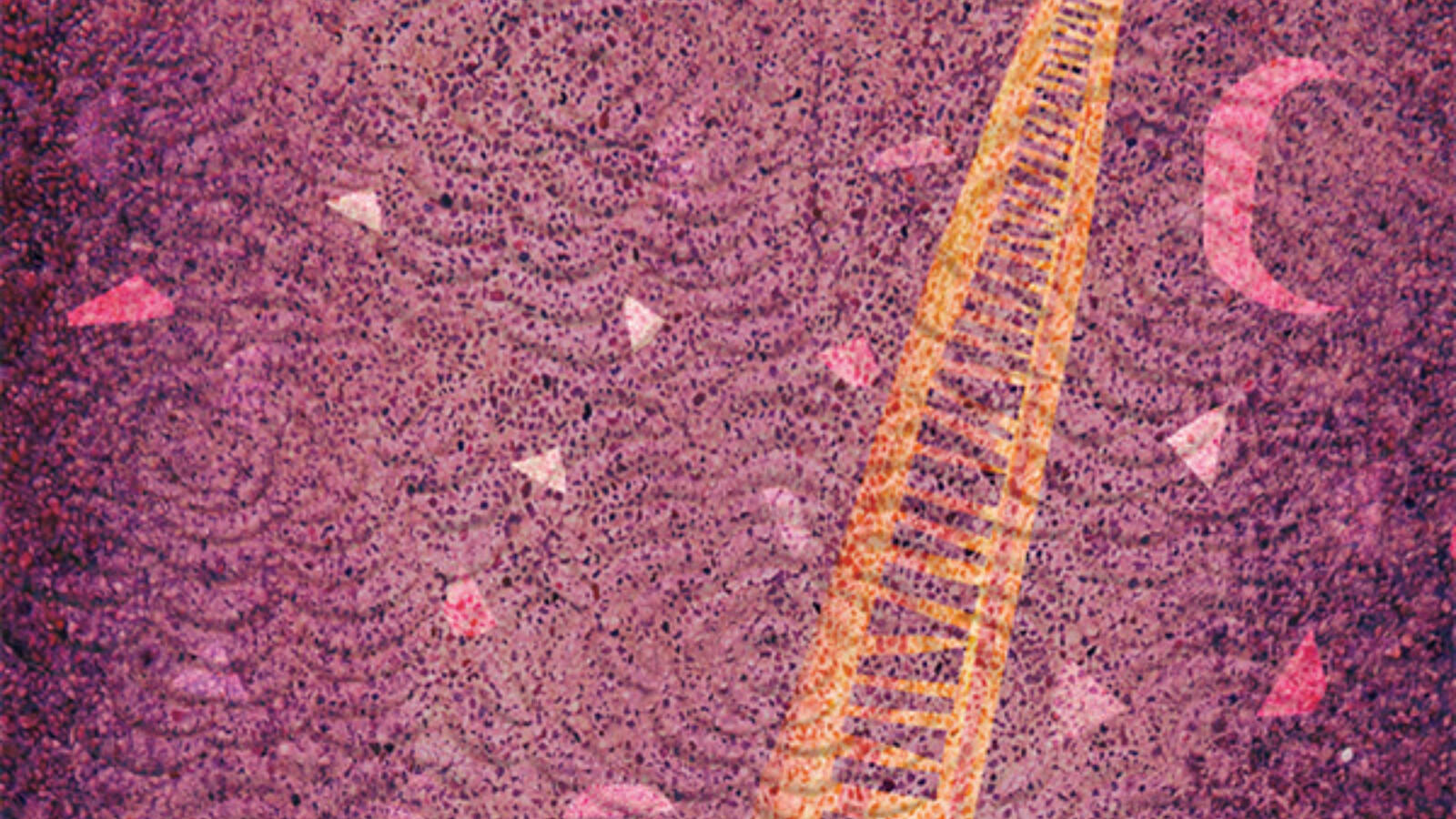When do you close your eyes while you’re awake? Birthday wishes, bubbling laughter, crying — moments of intensity in which we find ourselves tapping into invisible emotions. Closed eyes can enable us to see past the apparent and envision what could be.
My father once explained that the moon is considered new according to Jewish tradition when it is hidden from our eyes. Hence its Hebrew name, molad, which literally means “birth.” These notions of hiddenness and newness, of birth and imagination, are directly related to Parashat Vayetzei.
Our matriarch Leah is introduced in this portion as having “weak eyes,” while her sister Rachel is described as beautiful. (The Hebrew word for weak, rakkot, can also be translated as “soft.”) Why are Leah’s weak eyes specifically mentioned in the Torah?
In the Midrash, Rabbi Yochanan explained: What does rakkot mean? That her eyes had grown weak through weeping, for people used to say: “This was the arrangement; the elder daughter [Leah] is for the elder son [Esau], and the younger daughter [Rachel] for the younger son [Jacob].” And Leah used to weep and pray, “May it be Your will that I do not fall to the lot of that wicked man.”

Help us keep Jewish knowledge accessible to millions of people around the world.
Your donation to My Jewish Learning fuels endless journeys of Jewish discovery. With your help, My Jewish Learning can continue to provide nonstop opportunities for learning, connection and growth.
The softness of Leah’s eyes — reminiscent of Isaac, whose eyes also grew dim with time — are due to her trying to create an alternative timeline, to see beyond a fate she wishes to avoid. So Leah closes her eyes and cries. And what does she see with her eyes closed? A different life than the one people have been telling her is coming.
Today, we are constantly bombarded by announcements of forthcoming doom and imminent utopia. Neither is quite right. The future is not that clear, and as Rabbi Yochanan himself taught elsewhere: “Since the Temple was destroyed, prophecy has been taken from prophets and given to fools and children.” Leah’s tears teach us to face those moments of prophecy with closed eyes and open, honest hearts.
What might happen if we close our eyes, perhaps letting some tears out, and imagine the world we wish for?
The Talmud tells us:
“When one goes to measure [the corn in] their granary, they should pray, ‘May it be Your will, O Lord our God, to send a blessing upon the work of our hands.’ …But if one measured and then prayed, it is a vain prayer, because a blessing is not found in that which is already weighed, measured, or counted, but only in that which is hidden from the eye. (Talmud, Bava Metzia 42a)”
Blessing can be found in that which is hidden from the eye.
The Midrash on Leah’s eyes ends with a powerful statement by Rav Huna: “So powerful was Leah’s prayer that it annulled her predetermined destiny.”
May we envision tomorrow with renewed hope. And may we recognize the truth of Leah’s beautiful softness, lyrically articulated by Antoine De Saint-Exupery: “One sees clearly only with the heart. Anything essential is invisible to the eyes.”
Read this Torah portion, Genesis 28:10 – 32:3 on Sefaria
You May Also Like:
Sign up for our “Guide to Torah Study” email series and we’ll guide you through everything you need to know, from explanations of the major texts to commentaries to learning methods and more.
Subscribe to A Daily Dose of Talmud: Daf Yomi for Everyone — every day, you’ll receive an email that offers an insight from each page of the current tractate of the Talmud. Join us!
About the Author: Rabbi Menachem Creditor serves as the Pearl and Ira Meyer Scholar in Residence at UJA-Federation New York and is the author of “And Yet We Love: Poems.”



